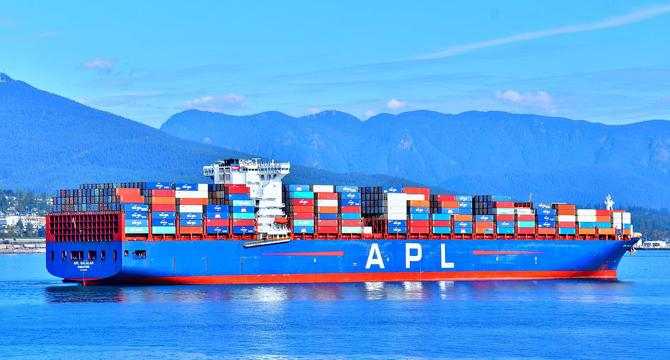Bloomberg Quint
1d
3

Image Credit: Bloomberg Quint
Commerce Ministry Assessing Possible Fallout Due To US Tariffs, Say Sources
- The commerce ministry is assessing the possible fallout of US tariffs on key trading partners, including India, amidst plans announced by US President Donald Trump to impose tariffs to reduce the trade deficit and boost manufacturing.
- India and the US are working on a bilateral trade agreement to enhance commerce and investments.
- Concerns have been raised by domestic industry and exporters regarding the impact of US reciprocal tariffs on India's exports, potentially making goods less competitive globally.
- The tariffs' impact is expected to vary across different sectors, prompting the ministry to prepare various scenarios to assist domestic companies in dealing with the uncertainties.
- Currently, India maintains high import duties on American goods such as agricultural items, drugs, and alcoholic beverages, alongside non-tariff barriers.
- Experts suggest that sectors such as chemicals, pharmaceuticals, textiles, diamonds, gold, machinery, electronics, and automobiles may be significantly affected by the tariff gaps.
- Agri sectors like fish, meat, seafood, sugar, cocoa, spices, dairy, oils, wines, and industrial goods like pharmaceuticals, diamonds, machinery, textiles, and electronics could be impacted by reciprocal tariffs.
- Additionally, Indian companies have faced non-tariff barriers in the US, including restrictions on shrimp exports and high registration costs for sectors like pharmaceuticals.
- The commerce ministry is creating a portal to address non-tariff barriers faced by exporters and prioritize resolving barriers affecting large volumes of goods.
- The US has been India's largest trading partner from 2021-22 to 2023-24, with a trade surplus in goods, highlighting the significance of the US-India trade relationship.
Read Full Article
Like
For uninterrupted reading, download the app